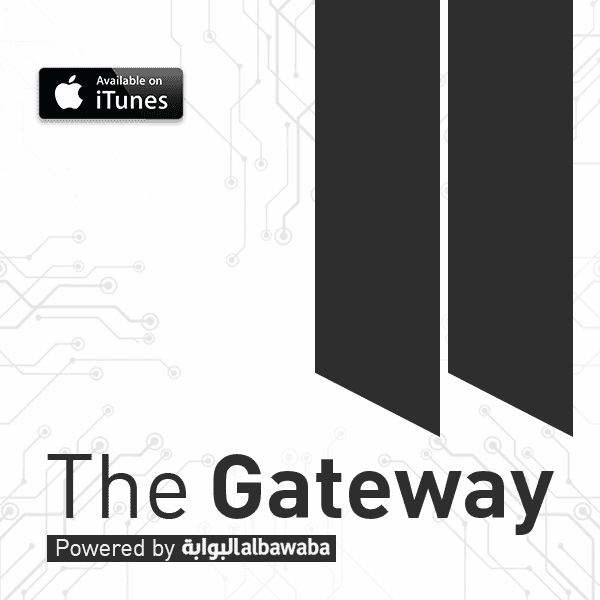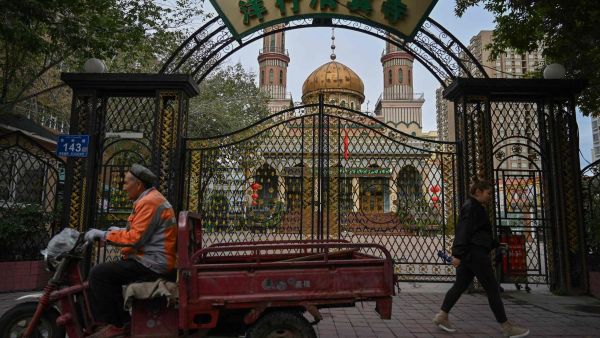There are countless stories documenting the precise details of China’s burgeoning surveillance state, its camp system, the forced labor of Uyghurs, and the process by which the state is building the apparatuses to support all of this. But what is often missing from this conversation are the ‘why’ questions. Why is China targeting the Uyghur population for a cultural genocide, and why has it continued despite some international pressure?
There's also the ‘who’ question: who stands to gain from this brutal oppression of an entire people?
This kind of questioning aims to understand not just the machinery behind the oppression, but the logic driving that machinery forward and giving it energy.
My guest today, Darren Byler, examines the oppression of Uyghurs and other ethno-religious groups in Xinjiang through these ‘why’ and ‘who’ questions. He is a postdoctoral fellow at the Center for Asian Studies at the University of Colorado, Boulder, and has an upcoming book entitled Terror Capitalism: Uyghur Dispossession and Masculine Violence in a Chinese City.
Darren Byler
Byler argues that a core reason behind the oppression is that the Xinjiang region represents a market opportunity for the Chinese state and its sprawling network of hybrid public/private firms. By developing the land for mass industry and industrial farming, China can solidify itself as a global supplier of critical goods like cotton and tomatoes.
And by dehumanizing Uyghurs, they can coerce them into cheap labor regimes that ensure the enterprise remains profitable and will attract multinational corporations who are always on the lookout for cheap labor.
In our talk, Byler will detail how China has deployed the rhetoric of counter-terrorism to paint the entire population of Uyghurs as potential extremists in need of being disciplined through integration into a global market. In this scheme, it is only through their productive potential that their humanity is acknowledged.
The cultural genocide of the Uyghurs should be seen as part of a state-driven project to create and police a new market.
At the same time, the state has encouraged a mass-migration of Han Chinese citizens into Xinjiang, who can simultaneously participate in this industrial-scale economic project while demographically diluting the Uyghur’s share of the overall population.
In short, the cultural genocide of the Uyghurs should be seen as part of a state-driven project to create and police a new market.
An uneasy reason why this is happening, as we will discuss, is that there’s a lot of money to made both in and out of China by ensuring Uyghurs are treated as sub-humans.
Listen to the Gateway Podcast on Itunes and Spotify.








